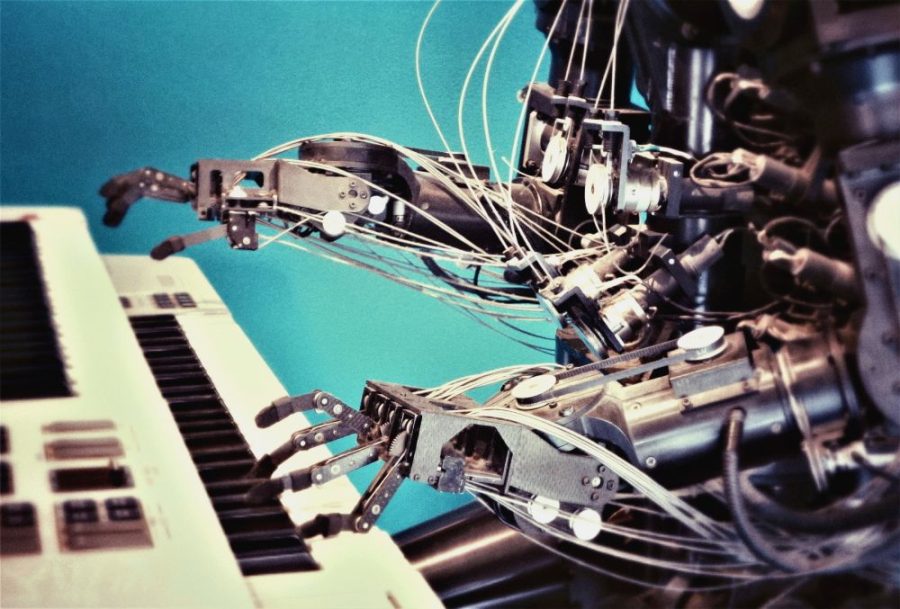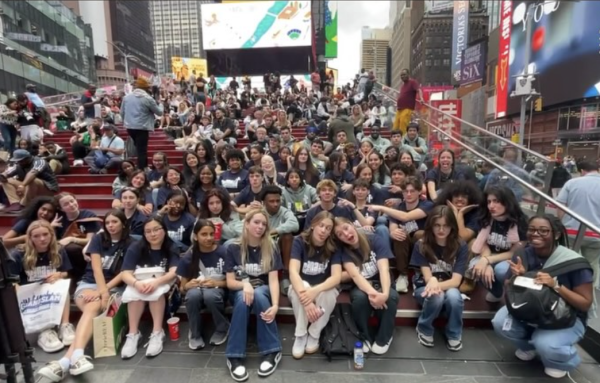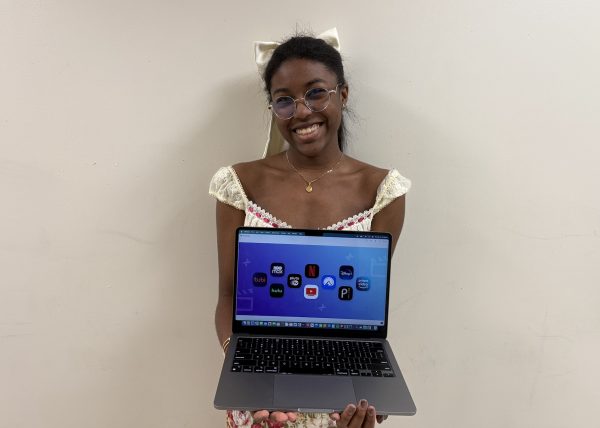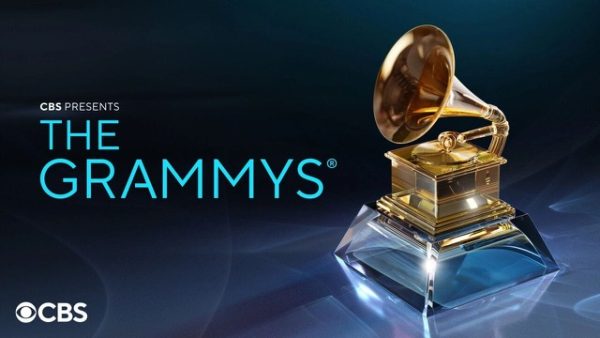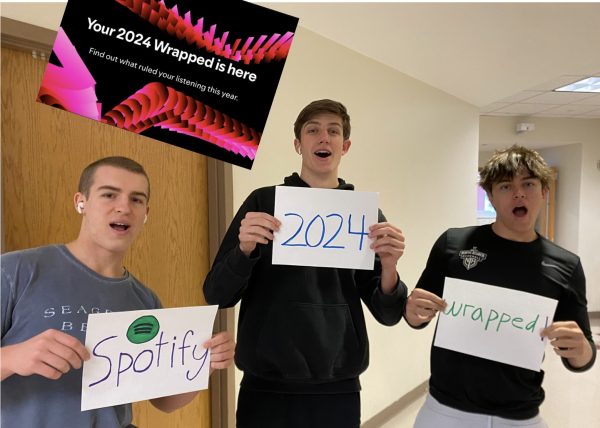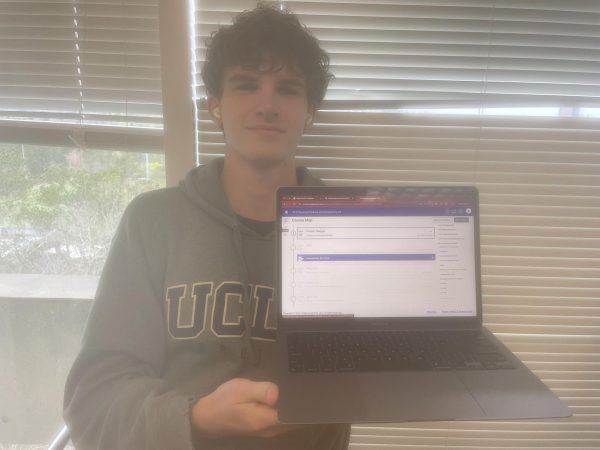A.I. Music: Ruining the Industry or Enhancing It?
AI Advancements: Will AI technology innovate or complicate the music industry? The Dubs are here to decide.
When going to jam out to your favorite song, you might want to make sure that it is actually written by the artist you love so much. This is because of a recent phenomenon called A.I.-generated music, and it is rapidly taking the music industry by storm. Just recently, a massive skill set was required to produce and create professional music, but those days are now over. With just a few clicks of a button, it is possible to have a robot generate your music for you, even going as far as mimicking your favorite artists’ voices. However, that bears the question: are people really listening to this or is it just a fad?
There are two main ways to generate music. The first is from a production standpoint, through websites such as Boomy. These websites allow a producer to give commands and have their requests met with an electronic beat or backing track. It is claimed that 60 percent of artists are using this in their recordings, as it is a fast and efficient way to help move tracks and projects along without having to pay a producer. This has far-reaching implications, as it could possibly flood the music industry and find many producers without a job. The second, and even more controversial application, is mimicking the voices of famous artists. There is A.I. voice technology that allows users to input their own melodies and lyrics to create songs by popular artists, with it being nearly impossible to discern the difference between the two.
Junior Myers Allen is not much of a music listener, but he does dabble occasionally. Like many, popular artists such as Drake make up a large quantity of his listening, and he is just recently finding out about A.I. music. Allen has found many songs on Soundcloud by who seem at first glance to be popular artists, but are really just robot-generated voices. As someone who doesn’t think much about the music industry, he doesn’t have too much of a problem with it. “I enjoy stumbling across the A.I. songs, it’s like the artist released something new,” he said.
On the other hand, junior Walker Stone is mildly concerned about what the future may hold if this generated music persists. As a music student himself that has an interest in production, he feels that the human element is necessary in creating a good piece of music. Stone thinks there needs to be a discussion between the artist and producer so things can be perfect, and that a flood of A.I.-generated beats over pop songs will quickly make things repetitive. “I would love to see this A.I. music go away, it totally destroys the human side of it and the industry will quickly get oversaturated,” he said.
A.I. music is just in its early phases, but it certainly is raising controversy. Casual listeners are just happy to have the new music, while others that are more invested are worried about the long-term implications. Either way, as A.I. continues to gain popularity, the direction the music industry will be taken remains unknown.


